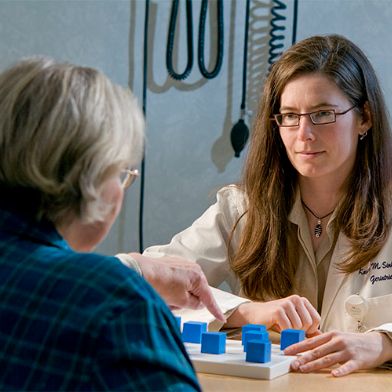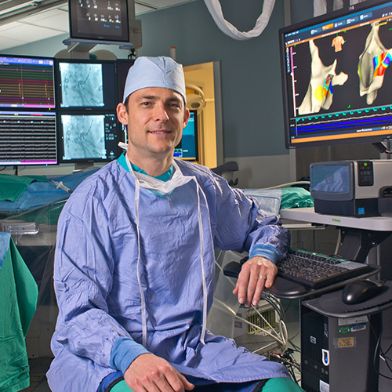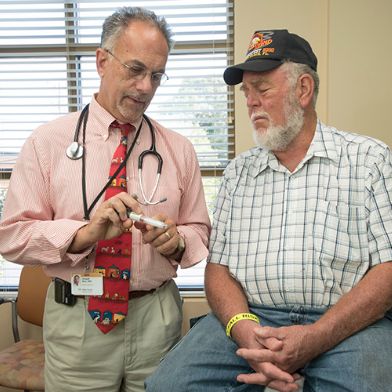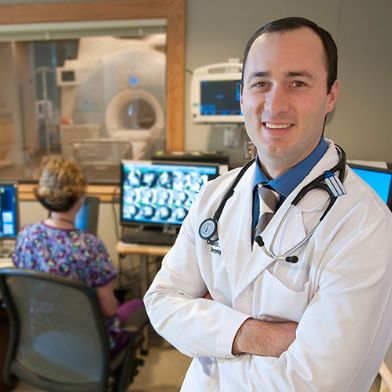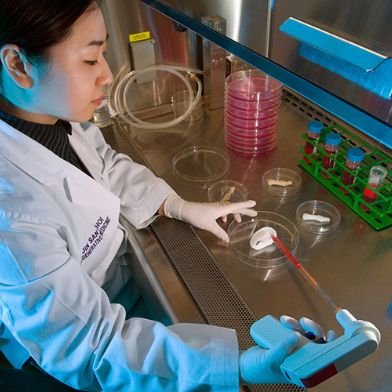Wake Forest Innovations (WFI) is responsible for intellectual property (IP) management for the Wake Forest Health System, Wake Forest University, and the Advocate Health System that includes:
- Managing and advising on the protection of IP
- Establishing commercial partnerships aimed at scaling IP/technologies
- Helping to develop technology businesses
Mission
The mission of Wake Forest Innovations (WFI) is to ‘turn research into products’.
Collaboration and Outreach
WFI also participates in the educational, research, and mentorship missions of the University through formal programs and academic publications. Wake Forest Innovations is located in the heart of the Innovation Quarter in Winston-Salem, NC.

